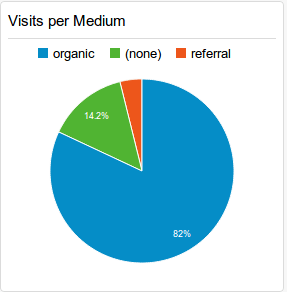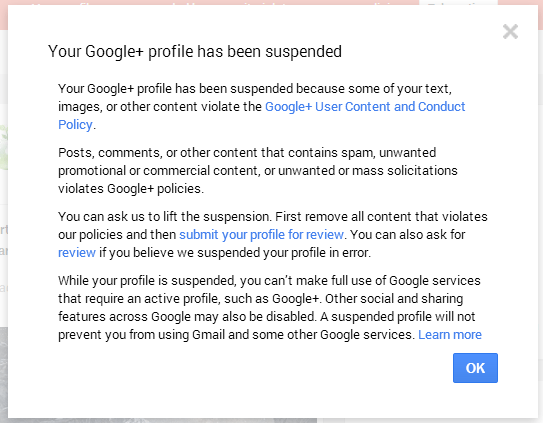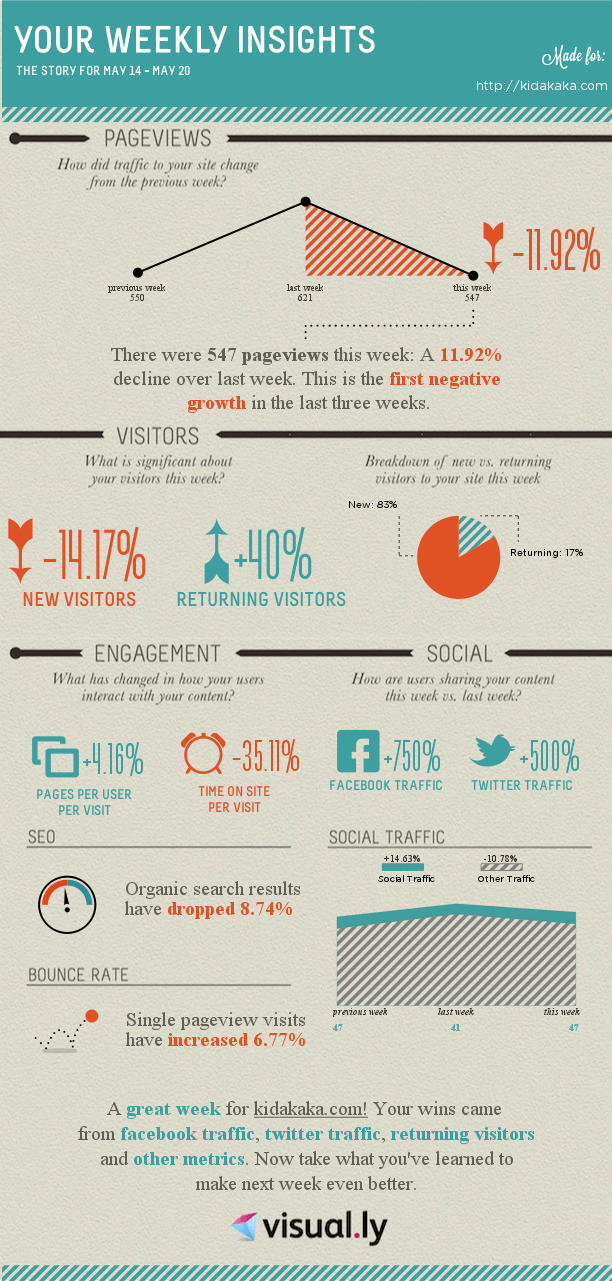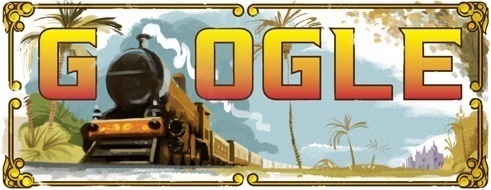Once you launch a site, the work is not done … in fact the work of a webmaster has just begun! One clear metric for the success of your site (especially early on) is site traffic. Over a period of time as your site matures and you get a better sense of what drives your site, you will tend to discard this metric, but initially it is always traffic.
Search as a major component of Traffic

One good component of traffic is search, traffic that comes searching for content relevant to your subject. Yes! There are people out there who are actively searching for things about which you want to write!! Right from narrow niches such as Pathare Prabhu Recipes to broad gulches such as Being Awesome in Excel.
For content rich websites, Search is a major component contributing to the site’s traffic. For example, 70% of my site’s traffic comes from Google Search! This is actually higher than what I wanted it to be and I try to bring it down by driving traffic via other sources, however I will always want a good fat 40-50% traffic coming to my site via search.
In fact when I started working on my site on a regular basis around 6 months back (as part of my new year resolution), I hardly realized that it would make such a big difference to the traffic split.
How to acquire Organic traffic?
There are a lot of agencies out there who promise that they will ensure that you would start ranking on your set of keywords. Here’s a starter for post for those who want to get into SEO, go read this and stop paying agencies a lot of money for barely scratching the surface.
If you want to acquire organic traffic, then write good content … write about things that move you, about things which you are passionate about. Write from the heart, and forget about those grammatical mistakes. If you have a friend who is a grammar nazi, get him/her to review your post later on.
Ranking that Content higher on Google
So now that you have a stream of content on your site, how to ensure that people who are searching for your subject matter actually end up finding your website?
This is where your friends and social circle comes in!
Sharing your content with friends and getting them like/+1 the content is a social signal that search engines read. This acts like a testimonial for your site in the eyes of the search engine.
See this for yourself, take one article on your site and like this on Google+. Then search for this article via your friend’s Google id … note the before +1 Search Engine Ranking Position (SERP) and the after SERP.
Google+, you have my attention
Here is a list of things that you need to get setup on with Google+ –
- Setup Authorship on Google – This will link your Google+ profile to the content you create. It also ensures that your Google+ profile pic is displayed besides the content you write and this gets shown when someone is searching for the content that you have written. Stats provided by Google on this suggest that linking Authorship will get you a 30% boost in your organic click-through rates

- Be active on Google+ – Make this a part of your daily routine. Google+ is good for content discovery, try and meet new people on Google+, focus on increasing the number of people who are in your circles and who have you in their circles. This will increase the visibility of your content on Google for at least those people. In case if you have had some interaction with them, then chances are they would want to read what you have to say about the subject that they are currently searching!
- Get those Google+ Shares – To initially start off, ask your friends to share your site on Google+. This works. It does wear down on your personal equity, but what are friends for if not to help you out :-D
Don’t simply take my word for this. Even Moz (erstwhile SEOMoz) says that there is correlation between Google +1s and Higher SERPs. In layman’s terms what this means is that the more +1s on Google+ your article gets, the higher will it rank on Google.
So get on this network and start using Google+! Instead of wasting time liking lolcats on Facebook, try and use your spare time






